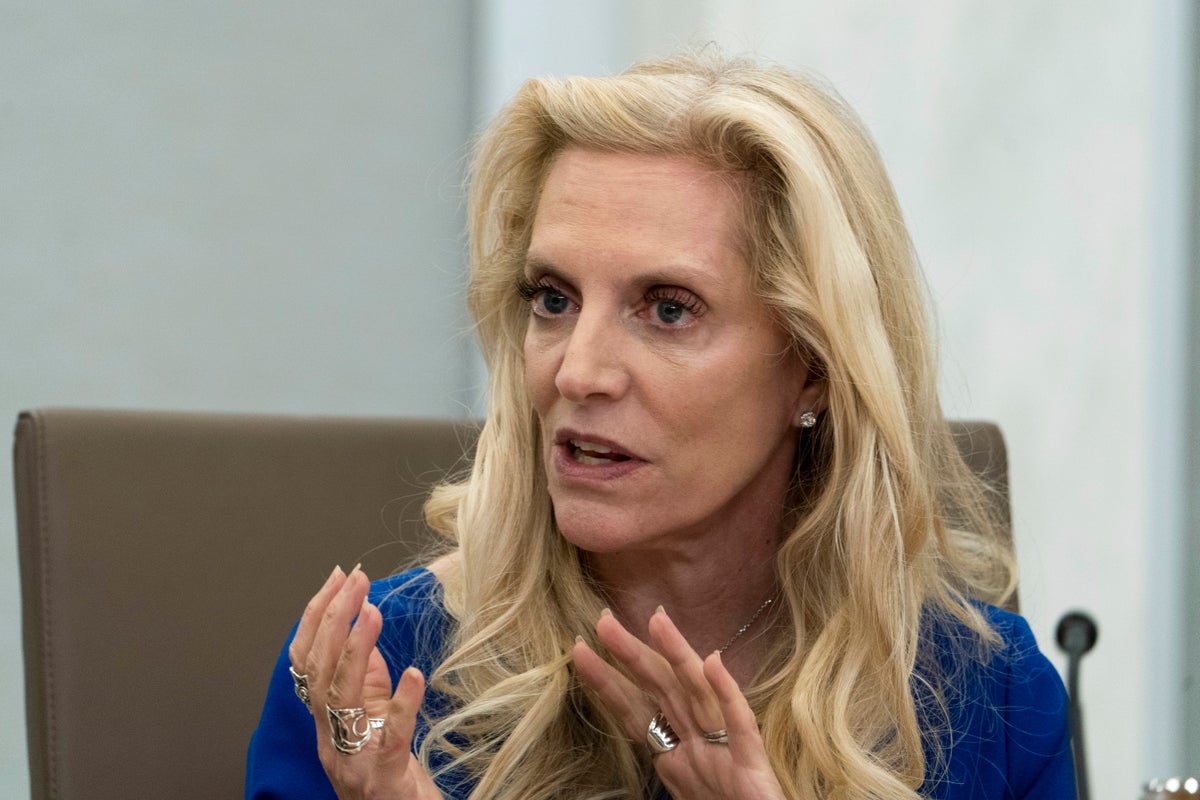
Federal Reserve Vice Chair Lael Brainard said Monday that she was encouraged by last week's U.S. inflation report, which pointed to slower price increases, and said the Fed would likely soon reduce the size of its interest rate hikes.
“The inflation data was reassuring, preliminarily," Brainard said. “It will probably be appropriate, soon, to move to a slower pace of rate increases.”
Brainard's comments, during a discussion at Bloomberg, were more positive toward the inflation report than were those of several of her Fed colleagues last week. Some central bank officials have sought to temper the stock market's ebullient response to the better-than-expected inflation report, which suggested that the rampant price spikes of the past 18 months were moderating.
Thursday's data showed that consumer prices rose 7.7% in October compared with a year ago — still a painfully high level, but down from a peak of 9.1% in June. And a separate gauge that measures “core prices,” which exclude volatile food and energy, rose just 0.3% from September to October, half the pace of the previous two months.
In her remarks Monday, Brainard underscored that the Fed would continue to raise rates in the coming months. The central bank has increased its benchmark short-term rate, which affects many consumer and business loans, by a substantial three-quarters of a point at four straight policy meetings.
Speaking at a news conference earlier this month, Chair Jerome Powell signaled that the Fed may scale back its rate hikes to a half-point as soon as its meeting in mid-December.
“What’s really important to emphasize," Brainard said Monday, "is we’ve done a lot, but we have additional work to do both on raising rates and sustaining restraint to bring inflation down to 2% over time.” That was a reference to the Fed's annual 2% inflation target.
The stock market soared after Thursday's inflation report on hopes that cooling inflation would allow the Federal Reserve to slow its interest rate increases. The Dow Jones surged 1,200 points, its best day in two years. Stocks added further gains on Friday.
In the wake of the market's celebratory response to the inflation data, several Fed policymakers sought last week to tamp down the enthusiasm.
“One month of data does not a victory make, and I think it’s really important to be thoughtful, that this is just one piece of positive information," said Mary Daly, president of the San Francisco Federal Reserve.
Lorie Logan, president of the Dallas Fed, added Thursday that the inflation figures “were a welcome relief” but made clear that further Fed rate hikes are coming, though possibly at a slower pace.
In her remarks Monday, Brainard pointed to other signs that inflation pressures are cooling. She noted that two gauges of worker pay have shown that wage growth is declining.
“That does suggest ... lessening wage pressures,” she said.
Though Powell has said that rapid wage growth is not a principal driver of inflation, pay raises can perpetuate price hikes, particularly in services such as restaurants, hotels and airlines, as companies pass on to customers the cost of higher labor through price increases.





